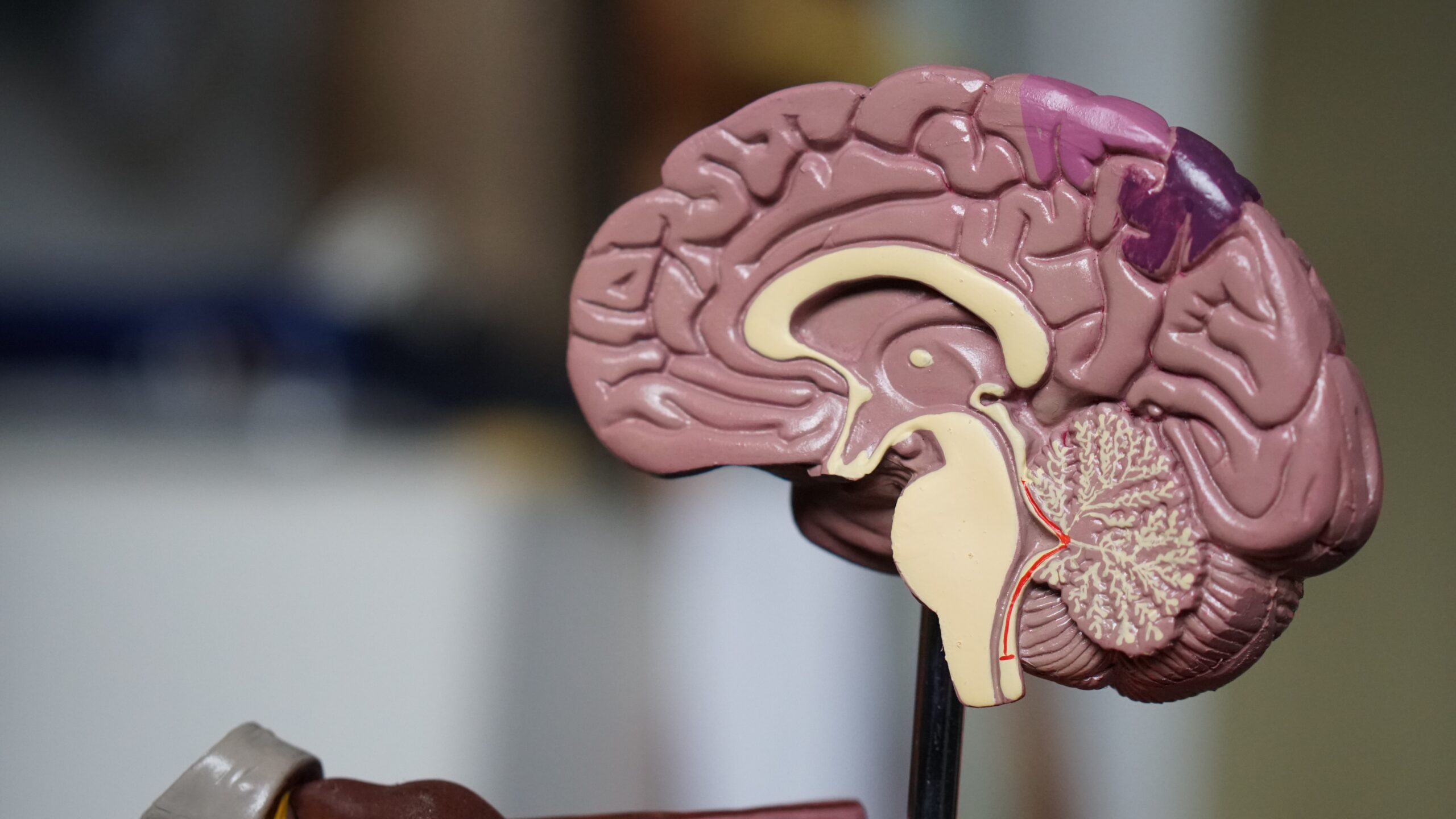Introduction
Dementia is a widespread and debilitating condition that affects millions of people worldwide. Characterized by a decline in cognitive abilities, memory loss, and impaired thinking, dementia can have a significant impact on a person’s quality of life and their ability to carry out daily tasks independently. While there is currently no cure for dementia, seeking an early diagnosis can offer numerous advantages that can improve the lives of those affected and their families.

The exact cause of dementia is unknown. However, scientists do know that it’s a progressive disease that affects your ability to think and remember. There are many types of dementia. Alzheimer’s disease is the most common type and makes up 60 to 80 percent of all cases. Vascular dementia accounts for 10 to 15 percent, while frontotemporal dementia makes up 5 percent and other forms account for the rest. Early diagnosis is important because it allows people with dementia to receive treatment that may slow down or delay the progression of symptoms by slowing brain cell death and damage caused by abnormal proteins in certain parts of the brain (for example, hippocampus).
In this blog post, we will explore some of the key benefits of identifying dementia in its early stages.
-
Access to Appropriate Medical Care and Support
An early diagnosis of dementia allows individuals to access appropriate medical care and support services promptly. With a proper diagnosis, healthcare professionals can develop personalized care plans, provide symptom management, and help individuals and their families understand the progression of the disease. Early intervention can also delay the advancement of dementia and alleviate some of the more distressing symptoms, leading to an improved overall quality of life.
-
Lifestyle Modifications and Planning
Knowing about the diagnosis early on empowers both the person with dementia and their family members to make necessary lifestyle modifications and plan for the future. They can make adjustments to their living arrangements, ensuring a safe and supportive environment for the individual. Families can also address legal and financial matters, such as setting up power of attorney or discussing long-term care options, which can reduce stress and uncertainty during later stages of the disease.
-
Participation in Clinical Trials and Research
Medical research plays a crucial role in understanding dementia better and developing potential treatments. By seeking an early diagnosis, individuals may have the opportunity to participate in clinical trials and research studies aimed at finding new therapeutic approaches. By contributing to research, they can help advance scientific knowledge and possibly make a positive impact on future generations affected by this condition.
-
Emotional and Psychological Support

Receiving a dementia diagnosis can be overwhelming and emotionally challenging for both the person with dementia and their loved ones. However, early diagnosis allows more time for individuals to come to terms with their condition, seek emotional support, and connect with support groups or counseling services. Having a network of emotional and psychological support can significantly improve coping mechanisms and help individuals and families navigate the challenges that lie ahead.
-
Medication and Treatment Options
While there is no cure for dementia, certain medications and treatments may be more effective when administered early in the disease’s progression. An early diagnosis enables healthcare professionals to explore appropriate pharmacological treatments that may help manage symptoms and slow down the progression of the disease. Moreover, early diagnosis may lead to better response rates to certain medications, offering potential benefits in maintaining cognitive function for a longer period.
-
Maintaining Independence and Autonomy
One of the primary concerns for individuals with dementia is the loss of independence and autonomy. However, with an early diagnosis, they can take proactive steps to maintain independence for as long as possible. Engaging in cognitive exercises, physical activities, and occupational therapy can help improve cognitive function and preserve daily living skills. Moreover, caregivers can be proactive in assisting the individual in their preferences and daily activities while promoting independence.
Conclusion
Seeking an early diagnosis for dementia offers numerous advantages that can positively impact the lives of those affected and their families. From accessing appropriate medical care and support services to participating in research studies and planning for the future, early diagnosis empowers individuals to take control of their lives and maintain their independence for as long as possible. While a dementia diagnosis can be challenging, early identification allows for timely interventions that can enhance overall well-being and quality of life. Encouraging regular check-ups, promoting awareness, and reducing stigma surrounding dementia can all contribute to fostering a society that supports those living with dementia and their caregivers.